Does white tea have caffeine
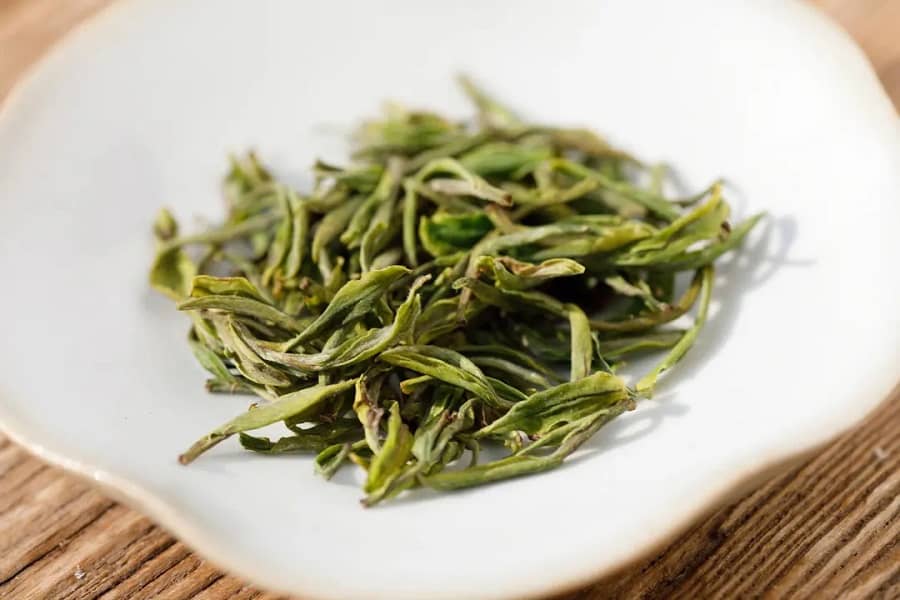
Yes, white tea does have caffeine, although the amount may vary depending on factors such as the specific type of white tea, the water temperature used to brew the tea, and the brewing time. In general, white tea contains less caffeine than black tea, but more caffeine than herbal teas, such as chamomile or peppermint tea. It is estimated that one cup of white tea may contain 15-30 mg of caffeine on average.
How much caffeine is in white tea vs coffee?
White tea generally contains less caffeine than coffee. On average, an 8-ounce cup of white tea contains around 15-30 milligrams of caffeine, while an 8-ounce cup of coffee can contain anywhere from 70-140 milligrams of caffeine, depending on the brewing method, roast level, and type of coffee bean. However, the exact caffeine content of white tea and coffee can vary depending on factors such as the specific type of tea or coffee, the brewing time and temperature, and the serving size.
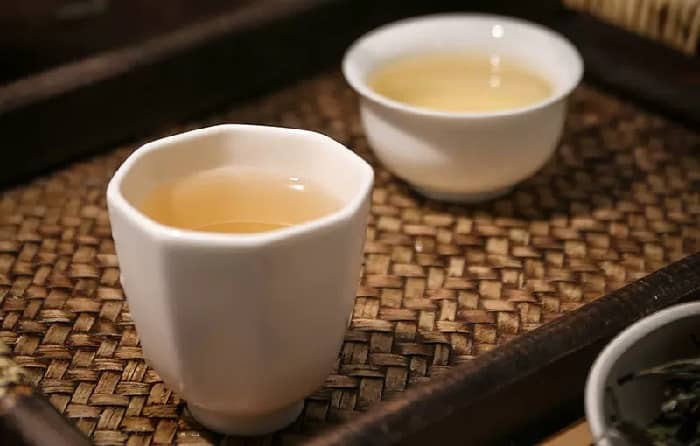
What are the effects of white tea in cosmetics?
There are mainly four aspects,
- The first is anti-aging, which is mainly caused by tea polyphenols in white tea,
- The second is moisturizing, as white tea also contains a large amount of trace elements,
- The third is whitening, as the tannins in tea have a good effect on removing yellowing and brightening skin tone,
- The fourth is to lose weight, because white tea contains caffeine. Caffeine is a stimulating ingredient that can stimulate gastrointestinal peristalsis after drinking, accelerate the excretion of fatty substances in the gastrointestinal tract, inhibit the absorption of fats and oils, reduce fat formation, and thus help to lose weight. However, it does not have the effect of burning fat, so weight loss cannot be achieved solely through this method.
Will white tea keep you awake?
While white tea contains caffeine, which is a stimulant that can help increase alertness and ward off drowsiness, it generally has less caffeine than coffee or black tea. The amount of caffeine and its effects on the body can also depend on factors such as the brewing time, water temperature, and serving size.
If you are sensitive to caffeine, even small amounts of white tea may keep you awake or make it difficult for you to fall asleep. However, if you consume white tea earlier in the day, the caffeine may have less of an effect on your sleep than if you were to drink it right before bed. Additionally, the relaxing and calming properties of some antioxidants found in white tea may help promote better sleep, so it is recommended to consider how your body reacts to caffeine and to consume white tea in moderation.
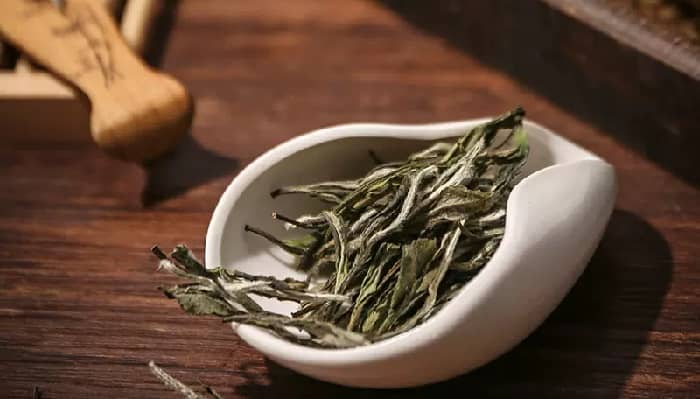
Which tea has lowest caffeine?
If you’re looking for a tea with the lowest caffeine content, there are a few options to consider:
- Herbal teas – Herbal teas are made from herbs and do not contain caffeine. Examples of herbal teas include chamomile tea, peppermint tea, and ginger tea.
- Rooibos tea – Rooibos tea is made from the leaves of the rooibos plant, which is grown in South Africa. It is naturally caffeine-free.
- White tea – White tea is made from the young leaves and buds of the tea plant. It generally contains less caffeine than green tea and black tea, although the exact amount can vary depending on the type of white tea and the brewing method.
- Decaffeinated tea – Decaffeinated tea is made by removing the caffeine from regular tea. While it does contain a small amount of caffeine, it is significantly less than regular tea.
It’s worth noting that even teas that are considered low in caffeine may still have enough to affect some people, so it’s important to pay attention to your own tolerance and reactions while consuming any caffeinated product.
What is white tea?
In history, there have been many records of “white tea”, which generally have three meanings:
- The first type, due to albino variation, the fresh leaves of tea appear white, also known as white leaf tea or albino tea, such as Anji white tea or white cockscomb. This type of tea is essentially green tea.
- The second type refers to tree species with fresh leaves covered in white hairs and called white, such as Fuding Dabai Tea, Zhenghe Dabai Tea, etc.
- The third type is white tea produced according to the current standard processing technology.
So, the third type, which is produced according to the white tea processing technology of the six basic tea categories, can be called white tea. The white tea discussed in this article refers to this type.
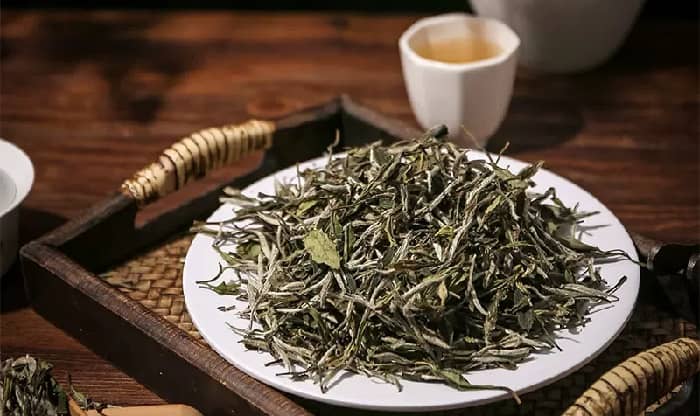
When did white tea appear?
The emergence of “white tea” in history can be traced back to Lu Yu’s “Tea Classic” in the Tang Dynasty of China. The white tea here should refer to the first variant of the white tea fresh leaves and the second type of tea tree with white bristles.
The core content of white tea production today is described by Tian Yiheng of the Ming Dynasty in his “Boiling Spring Essays” as “natural sun drying, no kneading, no frying”. Although there are different opinions, the earliest literature to record white tea, “Boiling Spring Essays,” has gradually become mainstream. Therefore, the third type of white tea should have appeared during the Ming Dynasty in China.
How to brew white tea correctly?
To brew white tea correctly, follow these steps:
- Heat the water: Heat filtered or spring water to a temperature between 160°F and 180°F.
- Measure the tea: Measure out one tablespoon of loose leaf tea for every six ounces of water (or use a tea bag).
- Steep the tea: Pour the hot water over the tea and let it steep for two to three minutes. Be careful not to oversteep the tea as this can result in a bitter taste.
- Strain the tea: Remove the tea leaves (or bag) from the water.
Who can’t drink white tea
- People with poor liver function should not drink white tea. It is not recommended for those with liver disease or those with poor liver function to consume white tea, as the chemical components related to white tea need to be metabolized in the liver and may pose a certain burden on people with poor liver function. Therefore, it is recommended not to consume white tea.
- People with neurasthenia should not drink white tea, as it has a stimulating effect on the nerves. Therefore, it is best not to consume it for those with neurasthenia, as it may worsen the condition of neurasthenia, cause excessive mental burden on the human body, make it difficult to fall asleep, and even have a certain impact on the body.
- Anemia patients should not drink white tea. The tannic acid in white tea can react with iron and transform into insoluble final products, reducing the body’s ability to digest and absorb iron, leading to worsening symptoms of anemia. Therefore, it is best not to consume it.
FAQ: About White Tea
Is white tea green tea?
White tea is not green tea. White tea and green tea belong to two different types of tea. White tea belongs to slightly fermented tea, while green tea is unfermented tea. Both types of tea are made from the same plant (Camellia sinensis), but they are processed differently. White tea is made from the buds and young leaves of the tea plant, whereas green tea is made from the same parts of the plant but is slightly more oxidized.
Who is suitable for drinking white tea?
White tea is suitable for anyone to drink, but it may be especially beneficial for those looking for a lower caffeine alternative to black or green tea. It is rich in antioxidants, which help to protect the body against damage from free radicals.
Why should white tea be paired with orange peel?
White tea is sometimes paired with orange peel because orange peel contains compounds that complement the flavors and health benefits of white tea. Orange peel is a good source of vitamin C and contains flavonoids, which have antioxidant properties similar to those found in white tea. The peel also adds a slightly sweet, citrusy flavor to the tea.
Taboos for Drinking White Tea
Drinking too much white tea can affect sleep and even lead to anorexia and other conditions.
- Drinking tea should not be excessive, and drinking white tea should not be excessive. Drinking too much can damage the essence and blood, leading to symptoms such as sallow complexion, emaciation, and loss of appetite.
- It is not suitable for people to drink tea on an empty stomach, as many elements in tea can directly enter the human kidney meridian and damage the renal system.
- It is well known that drinking tea during sleep can make it difficult to fall asleep. The elements in tea can cause severe mental excitement and even insomnia. So it’s best not to drink for two hours before going to bed.
Precautions for drinking white tea
- It is not advisable to drink white tea on an empty stomach, as it can lead to abnormal gastric secretion, affect digestion, or damage the renal system, causing physical discomfort.
- White tea has a cold nature and cannot be consumed on an empty stomach, which can easily cause irritation to the stomach wall.
- Drinking white tea should not be too strong. Use 5g of tea leaves and 150ml of water to brew, and the water temperature should be above 95 degrees Celsius.
- Excessive consumption of white tea is not allowed. Generally, only 5g of white tea can be consumed daily, and elderly people should be cautious not to overdo it.
Can drinking white tea help you lose weight?
White tea has some help in weight loss, but its effect is limited. White tea belongs to the category of micro fermented tea, which is a type of tea that is extracted and processed by simply airing or directly drying over low heat. The flavanol compounds in white tea can stimulate renal vasodilation, increase renal blood flow, thereby increasing glomerular filtration rate, promoting urination, and eliminating edema. The active enzymes and alkaloids in white tea can promote fat breakdown and reduce the accumulation of fat in the body. Therefore, white tea has a certain help in weight loss. But drinking white tea should also be in moderation, especially for the elderly who cannot drink too much.
Drinking white tea to lose weight can only be used as an auxiliary means. To achieve the ideal weight loss effect, it is necessary to control diet reasonably and exercise appropriately. Eat less high-fat and high-calorie foods in daily life, such as fried foods, fatty meats, etc., and more foods containing high-quality protein and vitamins, such as eggs, beans, fresh fruits and vegetables. Also, it is necessary to persist in aerobic exercise for more than half an hour every day, such as jogging, mountain climbing, swimming, etc., which can effectively improve fat metabolism and reduce the accumulation of fat in the human body.
Why can white tea boost spirit?
White tea contains caffeine. Tea and coffee both contain caffeine. Caffeine can promote blood circulation, stimulate the central nervous system of the human body, and “lift” tired nerves, which can also expel drowsiness and relieve fatigue. In addition, the caffeine in white tea also has the ability to enhance conditioned reflexes, allowing your brain to turn faster and your work efficiency to be higher


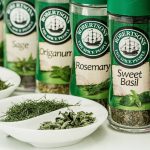
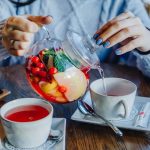

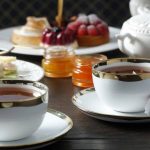
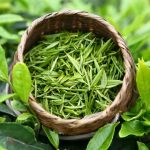
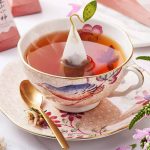
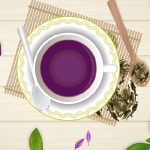


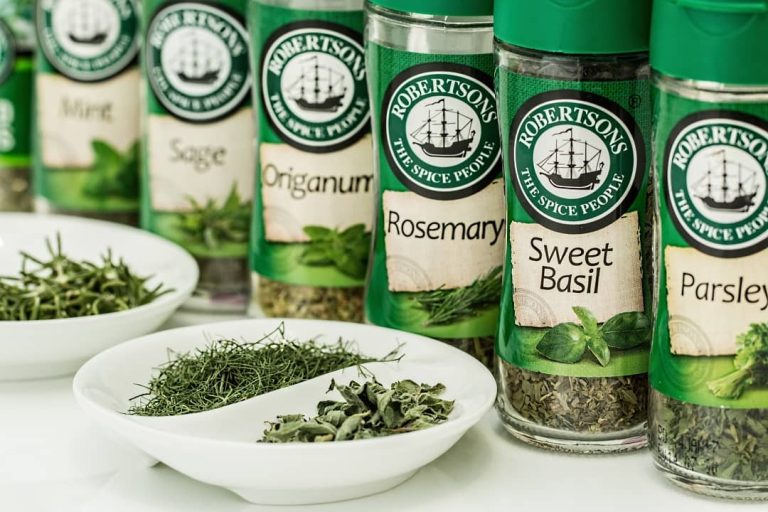
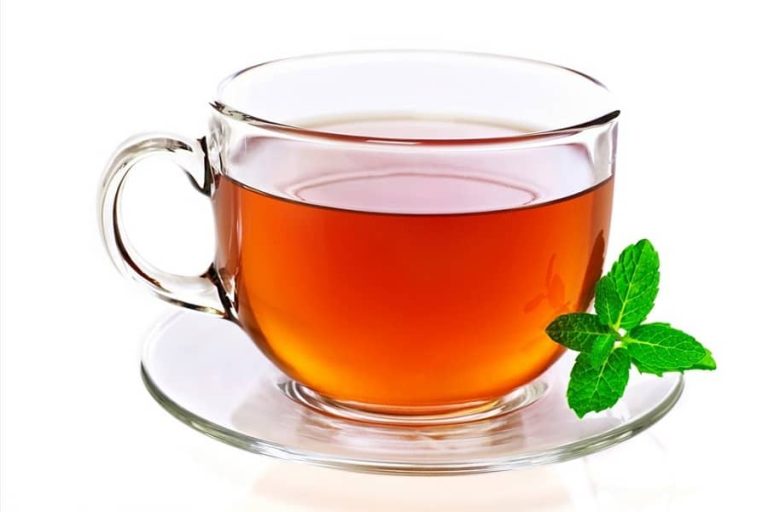
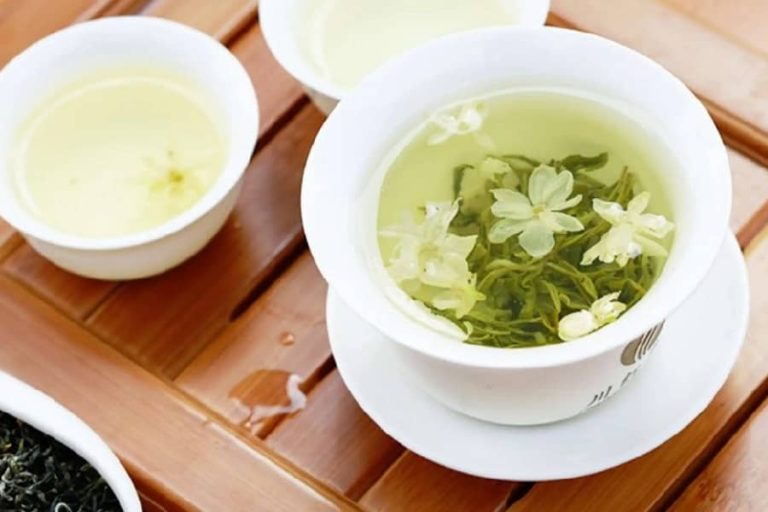
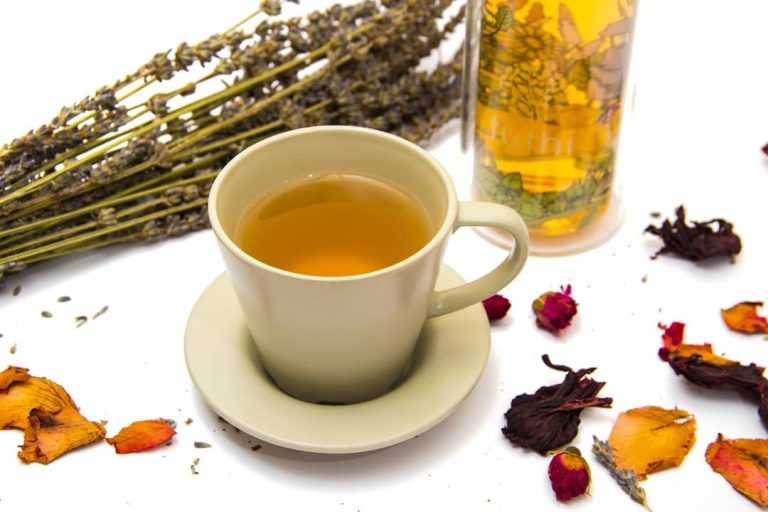
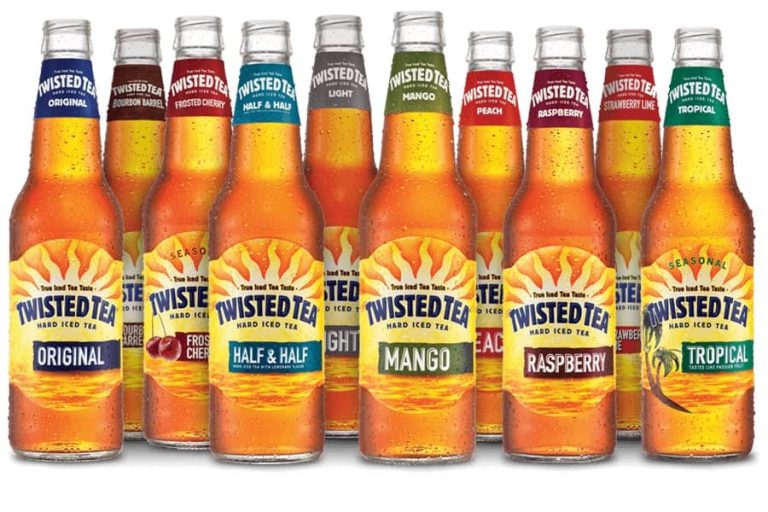
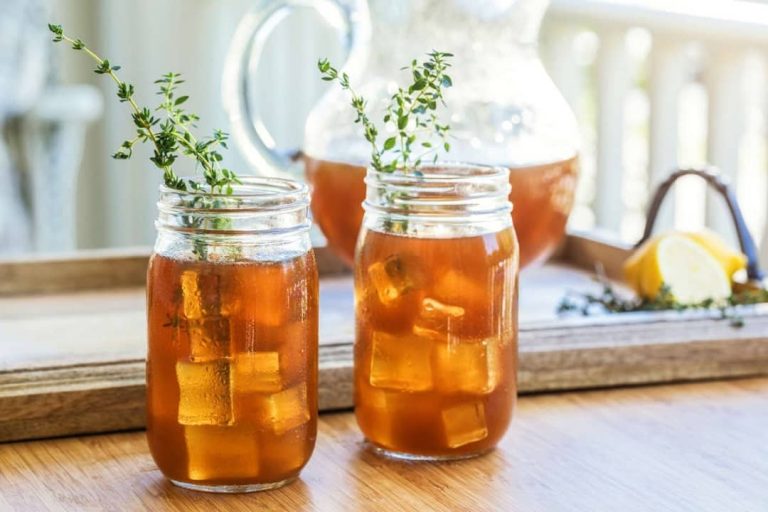
2 Comments